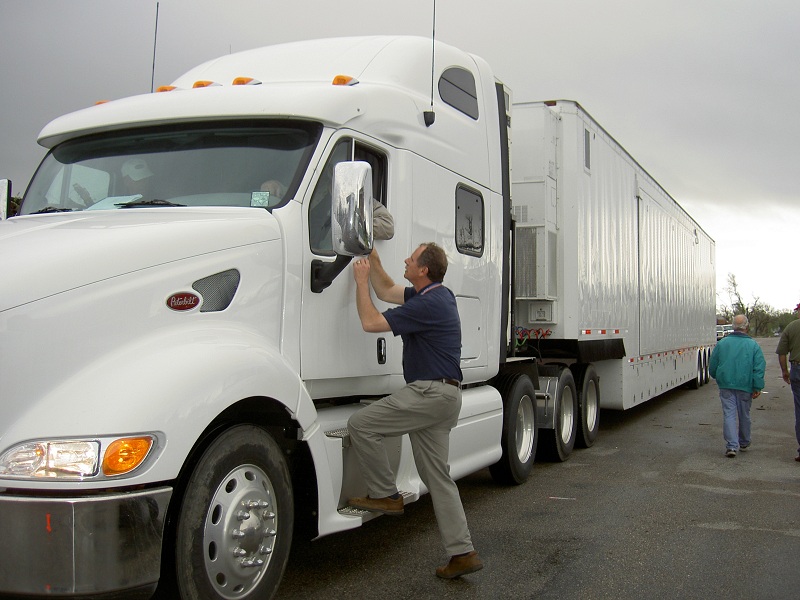Popular Myths About Truck Driving Instructors
June 19, 2019Things You Didn’t Know About the Trucking Industry in Canada
July 29, 2019What Should You Know About Carbon Monoxide Poisoning in Trucking?
Truck driving is not a profession meant for just anyone. It involves long sleepless nights and lonely days on the road. To add on to the existing problems that truck drivers face, there is now an increased awareness about the carbon monoxide poisoning that truck drivers face.
Although heavy-duty vehicles like trucks and buses cover a very small percentage of vehicles on the road, they somehow emit the most carbon monoxide which in turn contributes to air pollution.

What Causes Carbon Monoxide Emission?
Carbon monoxide is a deadly and toxic gas. IT is normally formed due to incomplete combustion. Any vehicle that uses carbon-based or fossil-based fuel is at risk of carbon monoxide emission. Some of the causes of carbon monoxide emission are:
- If the exhaust system has some glitches.
- If a fuel burning heater is used for assistance within the vehicle.
- If the truck or vehicle is being operated in a space with very little ventilation.
- In colder weather conditions. Trucks burn up more fuel in colder temperatures and therefore might have a higher chance of emitting CO.
Health Effects of Carbon Monoxide Poisoning
There are several health effects of being exposed to carbon monoxide. Some of the symptoms are:
- Headache
- Dizziness
- Vomiting
- Nausea
If inhaled in higher quantity, it could lead to unconscious state or death. If inhaled in moderate quantity but for a long time, it can cause heart diseases.
There have been reports of the death of several truck drivers due to carbon monoxide exposure in the past. Therefore, it is essential to know how to prevent exposure.
Preventing Carbon Monoxide Exposure
Most truck driving schools often tell their students to be aware of carbon monoxide emissions. We often do not realize that we are being poisoned until it is too late.
A simple way to prevent being poisoned by carbon monoxide is to invest in a carbon monoxide detector or monitor that raises an alarm when the emissions are too high.
Steps to Take if You Are Exposed
If your carbon monoxide detector does raise an alarm, park your vehicle and get out of it immediately. Get out into the fresh air and do not head back to the truck.
Call for medical attention. Sometimes even without the alarm, some truck drivers can show symptoms of being poisoned. If you feel you might be exposed, get away from the truck. Higher dosage of carbon monoxide can make you unconscious and that is even more dangerous for a truck driver.
Learn About Carbon Monoxide Emissions from the Best Toronto Driving School
At S&A Sprint Driving Inc., we not only equip our students with truck driving lessons but also teach about problems like CO poisoning and how to deal with it. Our programs offer defensive driving, handling and transporting hazardous material, motor carrier regulations, etc. Call us on 416 222 4190 to find out more about our courses!
Also Read:

